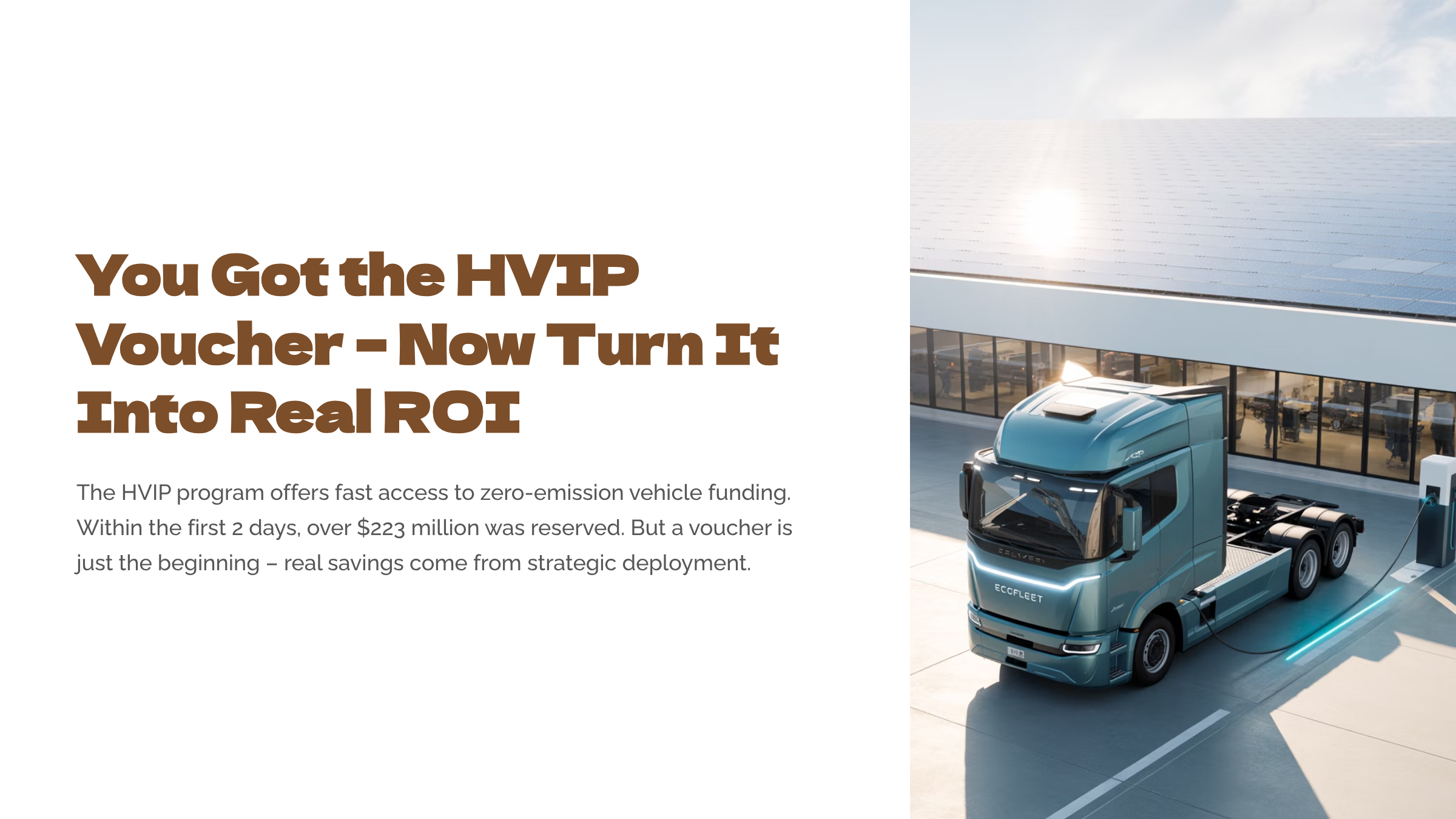These gatherings provided a wealth of insights spanning various sectors, from battery technology to fleet management strategies – they collectively paint a picture of the rapidly evolving landscape that fleet managers must navigate
Safety and Compliance: A Top Priority
Safety remains a critical concern for fleet managers, with direct impacts on the bottom line through improved uptime. Telematics has emerged as the best tool for safety management, though the adoption of safety cameras can face resistance from drivers. Clear communication about the benefits and company direction is crucial when implementing new safety technologies.
Compliance challenges, including keeping vehicles and drivers up to date with registrations and licenses, continue to be a major focus. Regulatory uncertainty, such as zero-emission vehicle mandates, adds another layer of complexity to fleet management.
Employee Management and Retention
In an industry facing a shortage of skilled workers, employee engagement has become a key metric. Some innovative fleet managers are treating drivers as their primary customers, focusing on building trust and setting clear expectations. Employee Net Promoter Scores (NPS) have been found to directly correlate with retention rates.
The Electric Revolution: Challenges and Opportunities
The electric vehicle (EV) market is still in its infancy, with only about 2% of the US vehicle market electrified. This presents both challenges and opportunities for fleet managers. While funding gaps and high capital investment costs persist, particularly in Western Europe and North America, the industry is poised for a multi-decade transition.
A study by Cox Automotive revealed that in 2022, only 34% of fleet managers interviewed planned to acquire electric vehicles (EVs) during their next vehicle acquisition cycle. However, by 2024, this figure increased, with half of the respondents indicating their intention to include EVs in their fleets. Furthermore, 87% of these respondents believe they will have electric vehicles within their fleets within the next five years. This behavior highlights that the shift towards electrification is inevitable, and early adopters may gain significant advantages.
Operational Efficiency in the EV Era
As fleets transition to EVs, traditional metrics like mileage are becoming less relevant. Fleet managers need to adapt their utilization metrics to their specific use cases. For instance, some fleets now prioritize "time in use" over distance traveled.
The integration of multiple telematics and management systems poses a challenge, with many fleet managers struggling to effectively parse data from various tools. There's a growing need for integrated solutions that can simplify this process, with AI potentially acting as a 'Siri' for fleet managers in the future.
Fleet Management Evolution
The fleet industry is transitioning from Fleet Management 2.0 — characterized by the gradual shift from manual record-keeping and intuition-based decisions to data-driven strategies — to Fleet Management 3.0. This new era focuses on:
Manual record-keeping and intuition-based decision making
- Exception management for EVs
- Orchestrating systems to communicate effectively
- Implementing automations to save time and flag issues requiring human intervention.
A study conducted by Webfleet in 2024 showed that 32% of fleet managers interviewed believe artificial intelligence (AI) is the technology that will have the biggest impact on fleet management in the next five years. Key areas that might benefit include tire cost management through predictive analytics and enhanced driver safety measures.

Looking Ahead
The electric mobility ecosystem is ripe with emerging technologies and trends. Drone technology is beginning to disrupt last-mile delivery, while AI is being incorporated into various aspects of fleet operations, including notetaking.
As the industry evolves, fleet managers must balance the need for innovation with practical concerns. This includes addressing issues like vehicle 'hoarding' by drivers, streamlining maintenance approval processes, and finding ways to inspire career-building in an industry that's struggling to retain talent.
In conclusion, while the challenges are significant, the opportunities in the electric mobility space are immense. By staying informed and adaptable, fleet managers can position themselves at the forefront of this exciting industry transformation.
Read more:
- McKinsey & Company | Why the economics of electrification make this decarbonization transition different | JAN 2023
- Cox Automotive | The Future of Fleets: Path to EV Adoption | JULY 2024
- FarEye | How EVs Improve Efficiency in Last Mile Delivery | SEPT 2024
- Driivz | Addressing Barriers to Fleet Electrification | SEPT 2024
- WebFleet | The fleet digitisation report 2024 | 2024
We invite you to get your free electrification plan for your fleet here— our team will customize it just for you, and it only takes a few seconds to complete the diagnostic.




